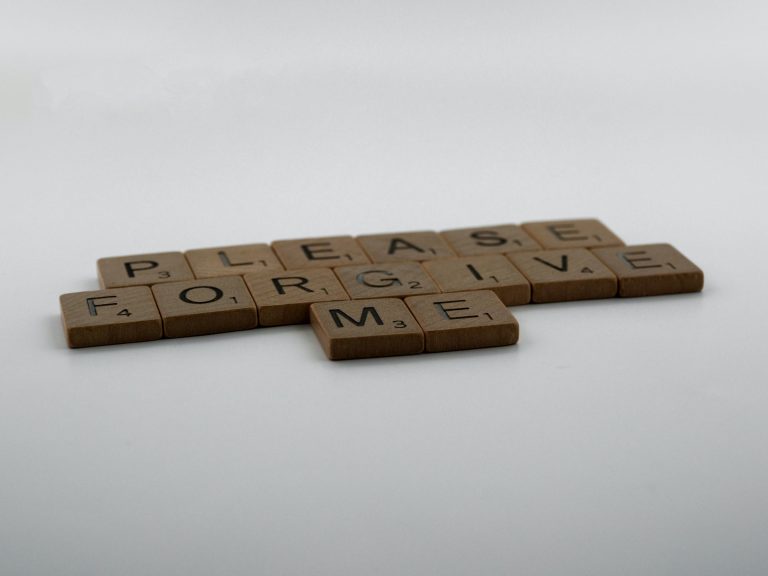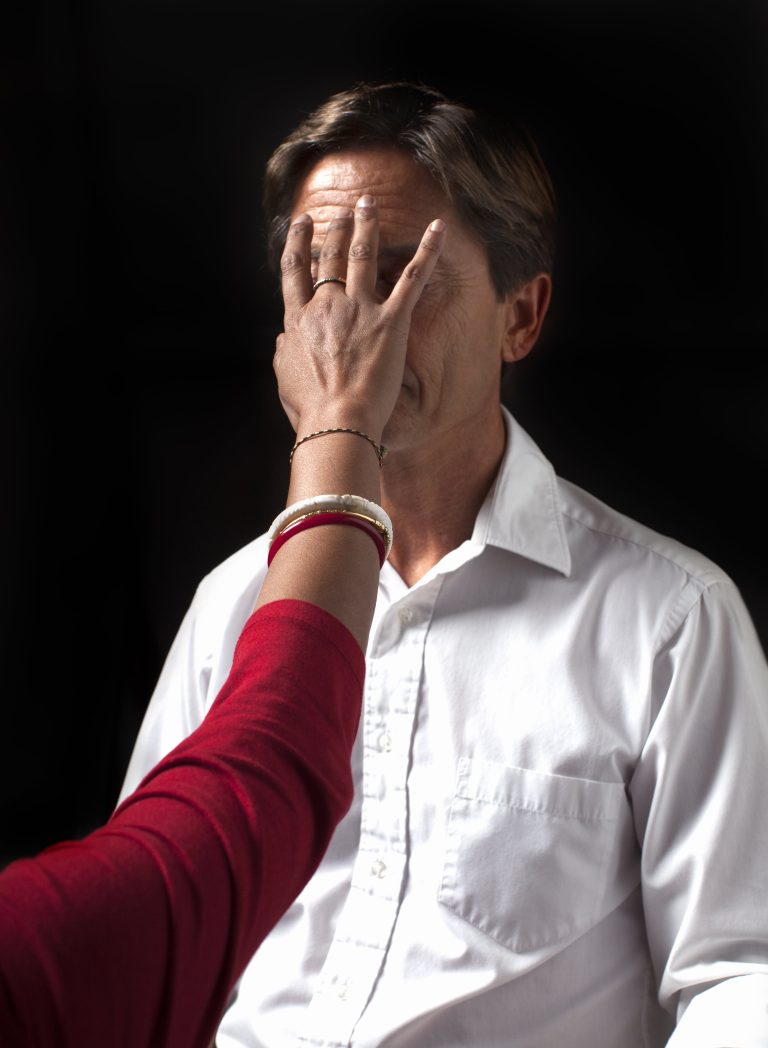What does it mean to forgive and forget? Is it even possible to do?
Whether the focus is on yourself, another person, or a situation, meditation for forgiveness may be what you need in order to truly let go.
Meditation for forgiveness is an active lifestyle
But, how does it work? How often should you practice forgiveness?
I grew up hearing the term "forgive and forget" and it stuck with me. I've always wondered how it was possible until I started meditating actively for the past 20+ years.
An unforgiving heart is a heavy heart — a collapsing heart weighed down by cumulative misunderstandings and wrongdoings.
But, you don't need to dive right into a rigid guided meditation practice to get started.
Here are 3 ways to get started on meditation for forgiveness and letting go.
1. The "Not now" way
When you sit to meditate, you might find thoughts creeping up after a few seconds. The mind is like the wind. It loves to dwell on past regrets or fantasies of the future.
When you meet a thought as it shows up during your meditation, say "Not now!" and return to observing your breath.
Even when you're not actively meditating and, instead, are in your personal space or out in nature or driving, thoughts arise. Say "Not now!" and return to the work at hand and focus on that.
This is the practice of mindfulness, and when you do this over and over, the thought loses its power over you and stops showing up.
When you can think of something or someone and you feel harmony, you know you have forgiven and let go.
2. The "Not this" way
You can practice mindfulness everywhere, even when you're actively engaged in a conversation, a personal decision-making process, or any action.
Each time you choose to speak, decide, or act, someone somewhere will be affected by it. You're an integral part of the universe.
So, when you make the choice to entertain a thought, speak out, or take action, ask yourself, "Am I coming from love or fear?"
Love comes from a forgiving heart. When you come from a place of love, you enjoy long-term benefits and so does the universe.
Short-term gains are just that, short-lived! They hurt in the long run.
Short-term decisions lead to long-term regrets.
If you don't foresee long-term joy from your thoughts, words, or actions, say to yourself or even out loud, "Not this."
When you make it a practice, your heart will have more reason to love, laugh, and feel fortunate.
The not-this way is a practice prescribed in the Upanishads, late Sanskrit texts of religious teachings, and the Avadhuta Gita, the song of the free soul.
3. The "Is it true?" way
Finally, people may come to you and say something very convincingly.
I struggled with this a lot. I love to give people the benefit of the doubt and take in all their words.
In the past, I would run with whatever I heard and make decisions based on that. I was younger and I would say to myself things like, "These people are older than me and know what they are talking about" or "They have no reason to lie."
And, suddenly, someone else’s opinion became mine, their emotions overrode my own.
Slowly but surely, I started a practice of asking myself, "Is it true?" Because things that are true for others need not be true for me.
Like a scientist, I toss everything I see or hear under the microscope of the meditative mind and ask myself, "Is it true? Is it truly true? Is it true for me? Is it true now? Is it true for all? Is it absolutely true?"
This inquiry is a progressive process. As I delve deeper and deeper, I find myself amused. I forgive myself for having entertained someone else’s opinion and let go.
An insight meditation, also known as Vipassana meditation, helps you awaken your inner eye, find forgiveness and let go.
When I got initiated into Kriya Yoga as taught by Paramahamsa Yogananda, author of "Autobiography of a Yogi," I quickly learned that Kriya Yoga is a lifestyle and that meditation is a part of it.
Starting meditation without a lifestyle change might make it harder on the meditator and, often, this is the reason you might quit meditating.
When you begin meditating, you're inculcating a new habit. Starting something new can be sustained only when you let go of a past habit.
You have the same 24 hours in a day as everyone else. So a 20-minute meditation means 20 minutes of not doing what you used to do for those 20 minutes.
It's been scientifically proven that everything affects everything else. So, a new habit replacing an older habit will affect everything your old habit impacted, too.
The practice of forgiveness is also an active lifestyle.
Buddhism teaches non-self and the active practice of loving-kindness and compassion.
Therefore, as a Buddhist, I do not seek to forgive anyone because no one has wronged me. Do you see how that works?
The three foundational pillars of Buddhism are non-self, suffering and Impermanence.
When you work with the non-self, the ego diminishes, and compassion increases. Non-self in simplistic terms means there's no "you" and there's no "me."
When you live in this continuous awareness that there's no separation and only oneness, this is the beginning of the active practice of forgiveness.
When you do this over and over and over again, you realize that there's actually no one and nothing to forgive at all.
Until you arrive at that level of consciousness, you can still get started on the journey of forgiveness and letting go. You can stick to one or mix and match — it's always nice to have options.
Loving-kindness leads to a better life.
An unforgiving heart, when left to itself, shuts down and turns into a closed heart — a hard heart.
When you learn how to prevent your heart from turning into a cold stone, you can live with love, laughter, and good fortune. Meditation for forgiveness can bring you there.
Keya Murthy, M.S., works as a Spiritual Life Coach and Clinical Hypnotherapist at the Ventura Healing Center. She is passionate about helping her clients move through their circumstances, find their purpose and authentic happiness.
For weekly tips on how to work through your circumstances, find your purpose, and authentic happiness you can subscribe to her newsletter.
Book a Clarity Call with Keya Murthy here.
The article was originally published by the author on YourTango.com

